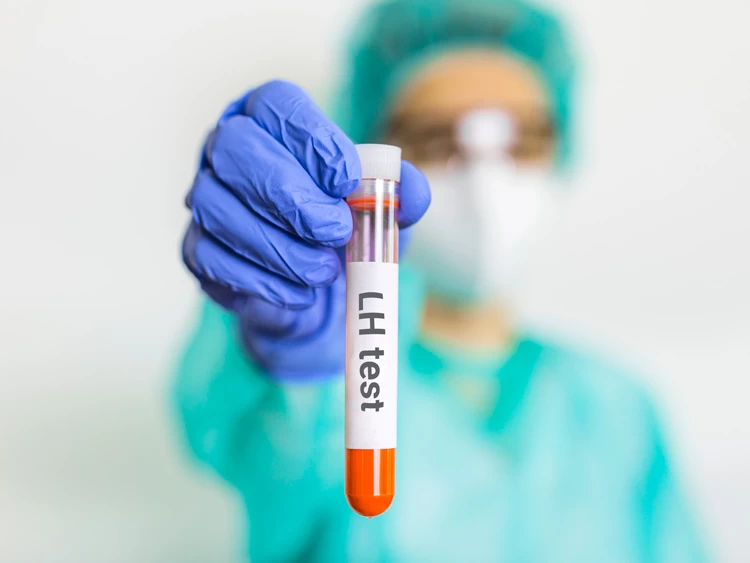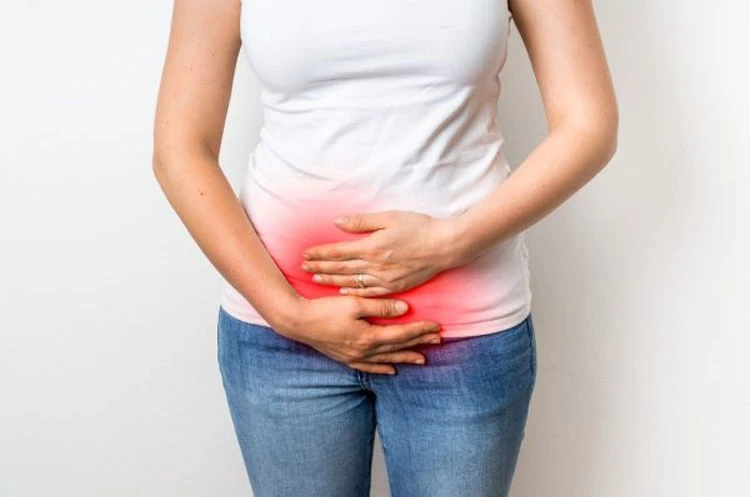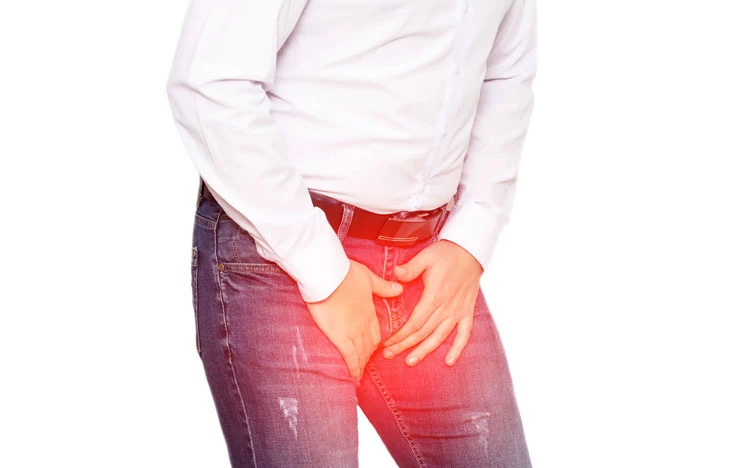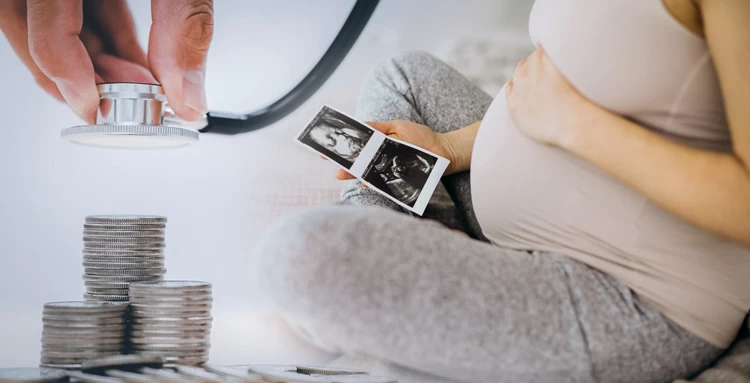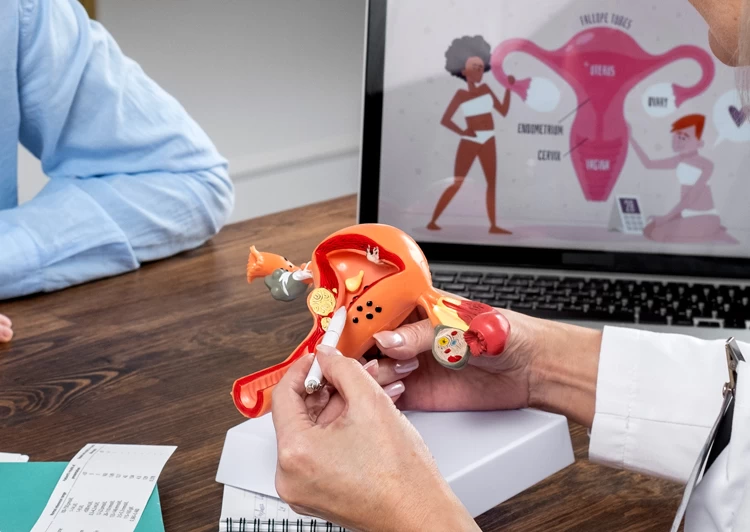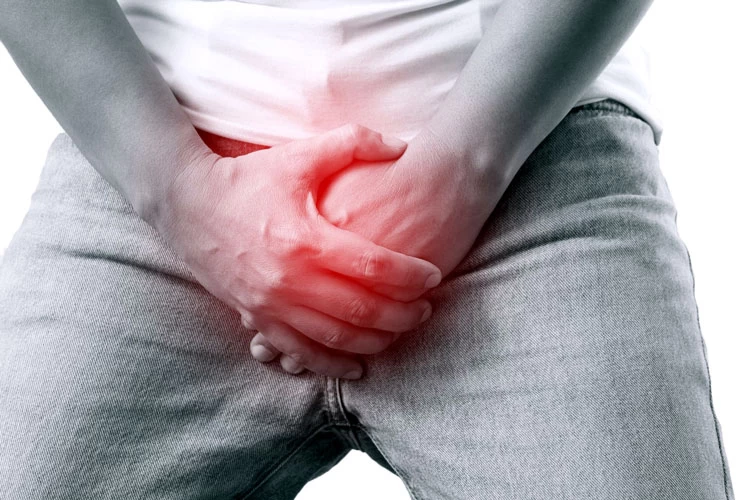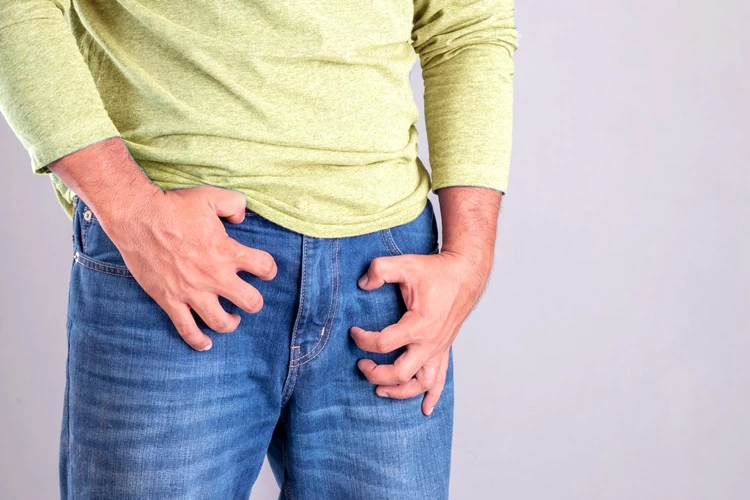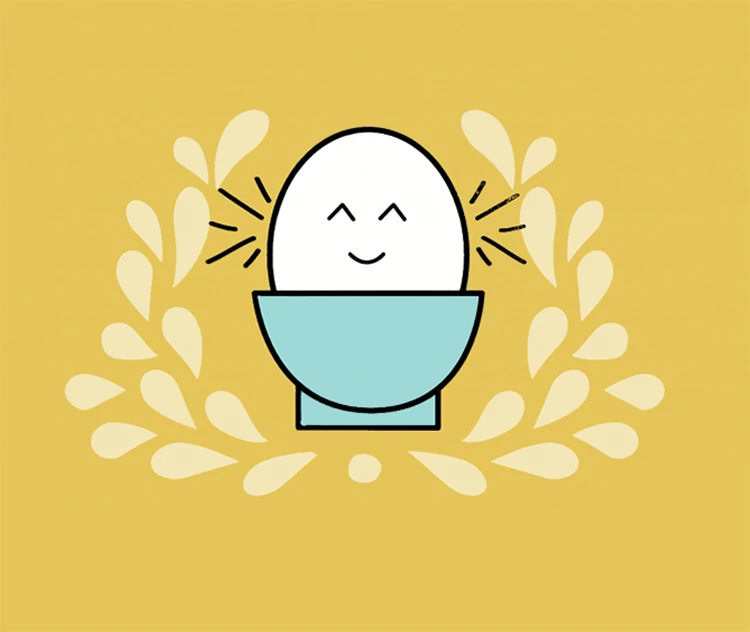Many couples choose IVF with donor eggs to have children as this method has a high success rate, can be done along with PGT, and the baby will be biologically related to the father. However, IVF using donor eggs has some drawbacks, too, like high costs, high risk of transmitting genetic diseases, strict legal considerations, etc.
The level of LH in the blood depends on the time of the menstrual cycle, age, and general health of the patient. High levels of LH can be a sign of ovarian disorder, PCOS, menopause, an autoimmune disorder, or hypothalamus insufficiency. A low amount of LH in the blood also indicates pituitary gland disorders, malnutrition, or a hypothalamus disorder.
Removing ovarian cysts through surgery (laparoscopy and laparotomy) increases your chance of conceiving and eliminates your pain and discomfort. After this operation, you have to avoid putting pressure on your abdomen, have a light and healthy diet, avoid smoking, and many more.
After diagnosing hydrocele by physical examination and bloodwork, the doctor decides whether open or laparoscopic surgery is required to remove the fluid sac. Patients usually have pain, swelling, bruising, and itchiness in their scrotum after the operation, all of which will be resolved within a couple of weeks. Following post-op tips after hydrocele surgery is necessary to avoid scarring, hematoma, infection, and other complications.
IVF treatment involves several steps, from taking hormonal medications to embryo transfer. Factors like doctor's fees, using donor sex cells or embryos, the facilities of the clinic, and the price of medication can affect IVF costs. In 2025, Iran will be the cheapest country to get IVF as the living costs and doctor’s fees are considerably low in this country.
Polycystic ovarian syndrome doesn’t have an immediate treatment; therefore, you should seek help to control it months before trying to get pregnant. The treatments that are usually advised for PCOS include taking hormone medications to regulate the menstrual cycle and remove ovarian follicles, taking diabetes drugs, laparoscopy, assisted reproductive techniques, and following a healthy lifestyle.
Serious testicular problems such as varicocele, testicular torsion, reproductive system cancer, hydrocele, and testicular atrophy can adversely affect male infertility. The first step to treat testicular diseases is diagnosing them through ultrasound, nuclear scan, blood test, semen analysis, and physical examinations.
Early menopause adversely affects women's fertility and may cause cardiovascular diseases, psychiatric diseases, osteoporosis, and other health issues in the long run. The main symptoms of early menopause include hot flashes, constant fatigue, insomnia, irregular menstruation, sudden hair loss, and increased facial wrinkles. Fortunately, this problem can be treated by hormone therapy, taking calcium supplements, changing lifestyle, etc.
In most cases, grade 1 varicocele does not require surgical treatment, but if left untreated, it may affect sperm production and quality. Men dealing with grade 1 varicocele can improve their condition by changing their lifestyle, taking prescribed medications, and, in more serious cases, undergoing microscopic varicocelectomy.
Polycystic ovary syndrome (PCOS) involves the formation of small cysts in ovaries, which may cause infertility and serious health issues. Controlling PCOS by having a healthy, insulin-resistant diet can reduce the mentioned risks and increase the chance of fertility.

